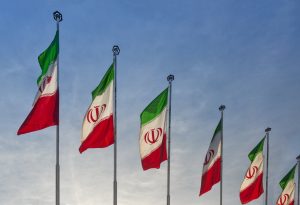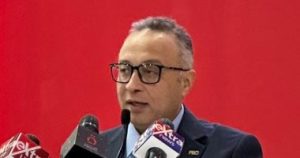Mohamed Abdel Latif, Egypt’s Minister of Education, held an extensive series of meetings with nearly 4,000 secondary education directors and principals of official and language schools nationwide at the Educational City in 6th of October City. The meetings aimed to follow up on the implementation of educational policies and discuss preparations for the new academic year and the Egyptian Baccalaureate system.
The minister confirmed that the examination system is unified across both the Egyptian Baccalaureate and the General Secondary Certificate systems, and any modifications will apply to both. The curricula are identical except for specialized subjects (advanced level) in the third year of the Egyptian Baccalaureate, with a difference not exceeding 20%. He clarified that the term “advanced level” does not imply difficulty but rather focused lessons.
He emphasized readiness for the new academic year, monitoring attendance, assessments, and homework, and forbidding awarding grades without actual attendance, alongside strict enforcement of school discipline regulations. School directors are responsible for filling any staff shortages by contracting part-time teachers and utilizing retired teachers’ expertise.
The minister also highlighted comprehensive development of the secondary English curriculum, with partial updates to other subjects. Textbooks will be available on the electronic platform from September 5 to 10. He confirmed that the Egyptian Baccalaureate certificate is internationally recognized like the general secondary certificate, and the ministry seeks international accreditation to eliminate the need for equivalency procedures for students wishing to study abroad.
He stressed raising awareness among parents about the Egyptian Baccalaureate system, providing academic guidance and support to help them choose the most suitable system for their children, and urged reliance on official ministry platforms to avoid misinformation.
Additionally, the minister announced the inclusion of programming and artificial intelligence as a non-graded subject for first-year secondary students starting the new academic year, in cooperation with Japan via the “Quero” platform, aiming to prepare a generation capable of designing digital platforms and integrating into the global labor market.
In conclusion, he pointed to the pivotal role of the Quality and Measurement Unit in monitoring performance within secondary schools through clear evaluation and quality assurance mechanisms, involving experienced experts to assess schools fairly and transparently.













Recommended for you
Exhibition City Completes About 80% of Preparations for the Damascus International Fair Launch
Talib Al-Rifai Chronicles Kuwaiti Art Heritage in "Doukhi.. Tasaseem Al-Saba"
Unified Admission Applications Start Tuesday with 640 Students to be Accepted in Medicine
Egypt Post: We Have Over 10 Million Customers in Savings Accounts and Offer Daily, Monthly, and Annual Returns
His Highness Sheikh Isa bin Salman bin Hamad Al Khalifa Receives the United States Ambassador to the Kingdom of Bahrain
Al-Jaghbeer: The Industrial Sector Leads Economic Growth